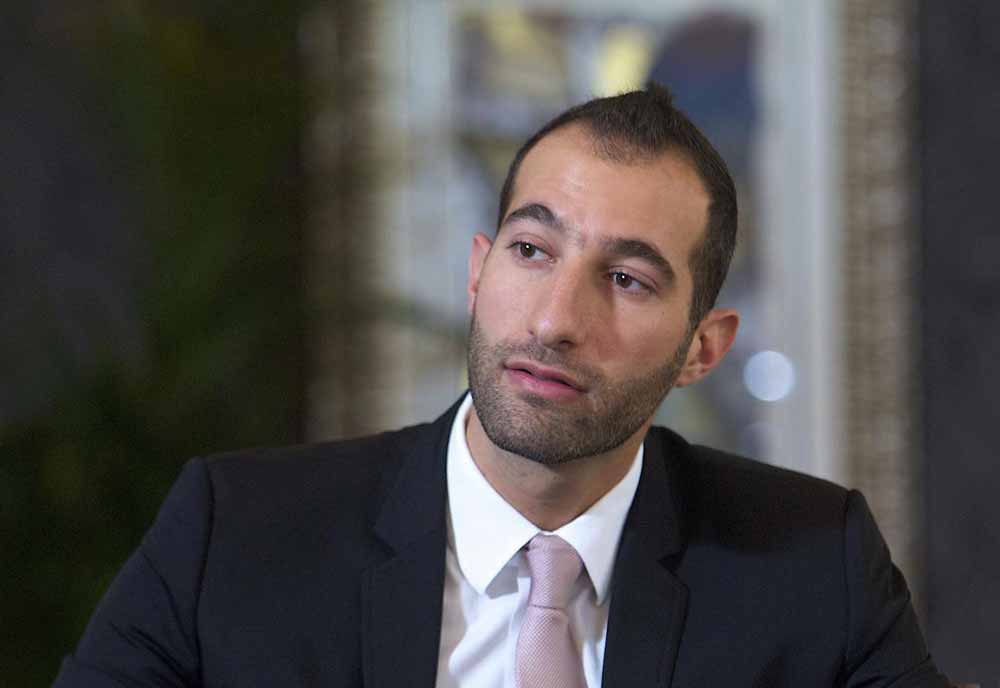Luxury hotel chain Fairmont Hotels & Resorts plans to open up to seven new hotels in the Middle East and North Africa by 2016, its regional director of development said.
The Toronto-based hotel operator said it would open its first property in Jordan in partnership with developer Isam Khatib and Partners, its first property in the Levant.
“We think that the brand has picked up a lot of momentum from 2002 when we opened the [Fairmont Dubai] up to today where we have ten. We feel over the next few years we should be bringing in a few more - at least five to seven properties by 2016 in addition to the four under development,” said Rami Moukarzel.

| Advertisement |
New hotels are likely to be in Doha, Beirut and Saudi Arabia, he added.
“We are working on key gateway cities, in Saudi Arabia… Beirut is a very important city as well…Doha is another key city that we are looking at,” he said. “We’re in the process of discussing the projects right now.”
The group, which operates a string of luxury hotels including New York’s The Plaza and London-based Savoy, said it expects to open its 300-room Amman property by 2014. Work has already started, said Moukarzel.
“We are quite bullish about the property [and] about the destination. We’ve actually broken ground. Construction hasn’t started yet…its foundation work.”
Fairmont Hotels & Resorts is ramping up its expansion outside of its home market. The group currently has ten properties under operation in the MENA region and four under construction.
Business at its hotels in Abu Dhabi and Dubai has grown 11 percent this year as the UAE won tourists from protest-hit travel hotspots such as Egypt, Tunisia and Syria.
In the UAE region we’ve seen some significant growth, almost 11 percent year over year,” said Raki Phillips, area director of sales and marketing, Middle East. “The Arab Spring that happened this year has really benefitted the UAE; this is still seen as a safe haven for both corporate and leisure travellers,” he said.
Occupancy rates in Dubai touched the pre-crisis levels of 2007 in October, data from TRI Hospitality Consulting showed last month. In Abu Dhabi, occupancy levels jumped to 82.8 percent, a rise of nine percent on the year-earlier period.
Occupancy levels in Egypt, where Fairmont operates two hotels, are unlikely to return to 2010 levels for some time but are starting to show some signs of recovery, said Philips.
“Across the market there were some hotels that got into the single digits but right now you are looking at a decline of 40 percent versus what it was last year - it was in the 70s last year.
“As long as the elections run smooth it should be fine. You are seeing Arabs starting to travel over there so there is some drive that’s coming into there [but] you are not going to see those levels of occupancy for another year unfortunately. It’s going to take some time,” he said.
Fairmont is operated by Fairmont Raffles Hotels International, a holding company owned by Colony Capital and Saudi Arabia’s Kingdom Hotels International.
Fairmont Raffles Hotels International operates more than 88 hotels in 27 countries.









 Search our database of more than 2,700 industry companies
Search our database of more than 2,700 industry companies









